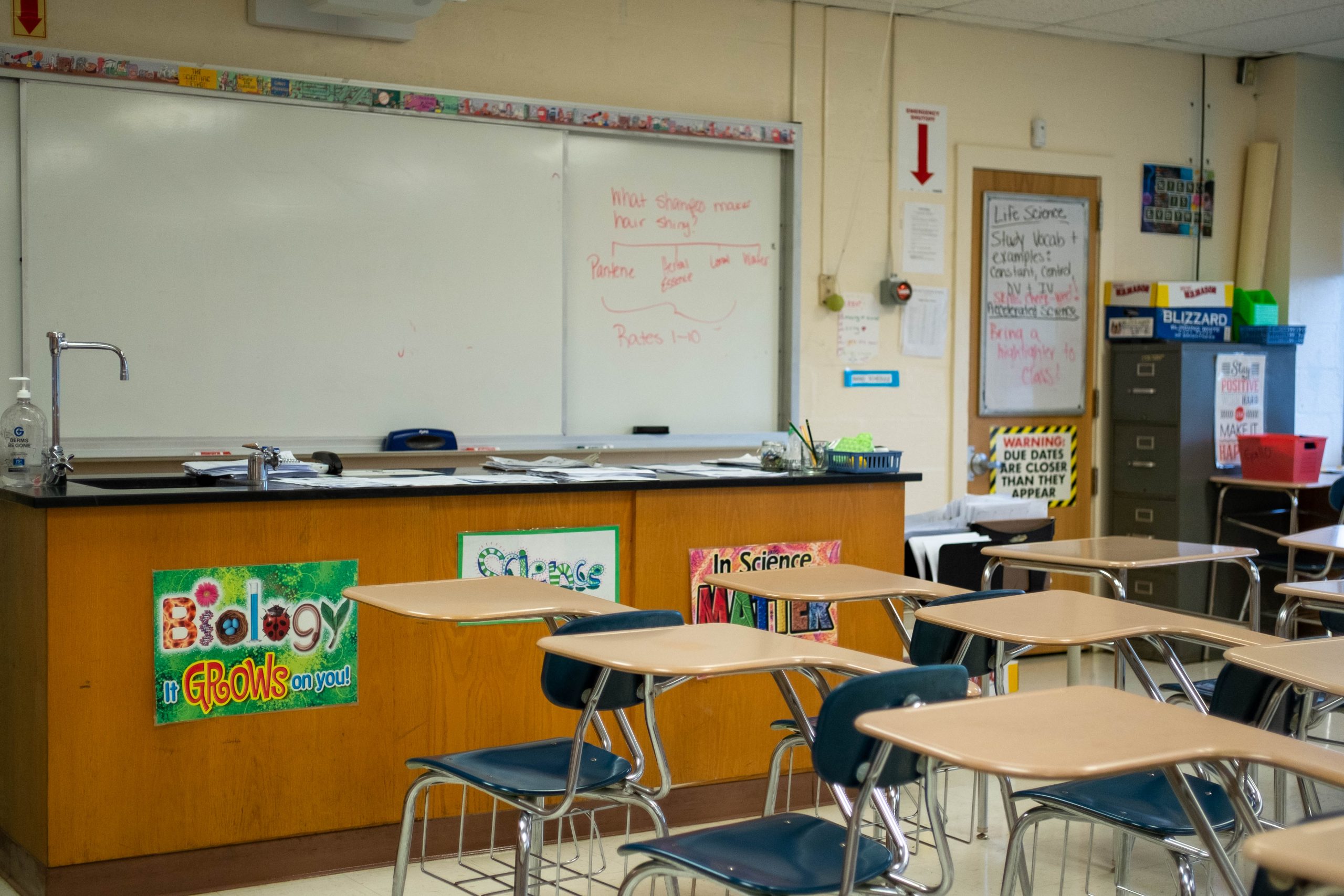
New York state’s small city school districts earned a win on Tuesday as voters approved an increase in their debt limits, giving them the same borrowing power as larger school districts.
Situated as ballot proposals in this year’s election, the two statewide ballot questions of debt limits were both passed by a comfortable majority. Ballot Proposal One, which removed the debt limits on small school districts, won with 56.75 percent of the total 2.5 million votes. It received 1,381,911 votes in favor of, according to the New York State Board of Elections’ unofficial results.
“This is a win for equality and opportunity for over 200,000 students in New York’s small city school districts,” said Melinda Person, the president of the New York State United Teachers, which represents nearly 700,000 members. “When we come together, we make strong public schools that are the centers of our communities.”
NYSUT has been a leader in advocating for Proposal One’s passage, which will affect 57 school districts across the state. With its passage, small city school districts can now operate equally under the same borrowing limits as every other school district.
Prior to the election, small city school districts – in cities with less than 125,000 residents – could only incur 5 percent of the value of their taxable real estate in debt, according to the State Constitution. Now, with voter approval, smaller districts can operate under the 10 percent cap that other districts have been abiding by.
A second ballot proposal, exempting sewage projects from the state’s constitutional debt limit, has been voted on since 1963, in 10-year periods. Ballot Proposal Two was passed again, winning 60 percent of the total votes. Receiving 1,459,459 total votes, the proposal now gives municipalities across the state more flexibility when repairing and constructing sewage facilities.
Currently, cities are capped at a debt incursion of 7 percent of taxable real estate property with regards to capital projects.
Leading up to Tuesday’s election, the two ballot proposals were not being supported by everyone, as the Conservative Party of New York State recommended its members and constituents to vote against both proposals.
In an Oct.17 press release, the party warned of increased financial burdens for taxpayers and argued the fiscal impact would outweigh the long-term benefit of both ballot proposals. In regards to the sewage exemption proposal, the Conservative Party stated, “Since indebtedness is left to the Legislature, taxpayers have little to no control or knowledge as to the indebtedness they are incurring.”









